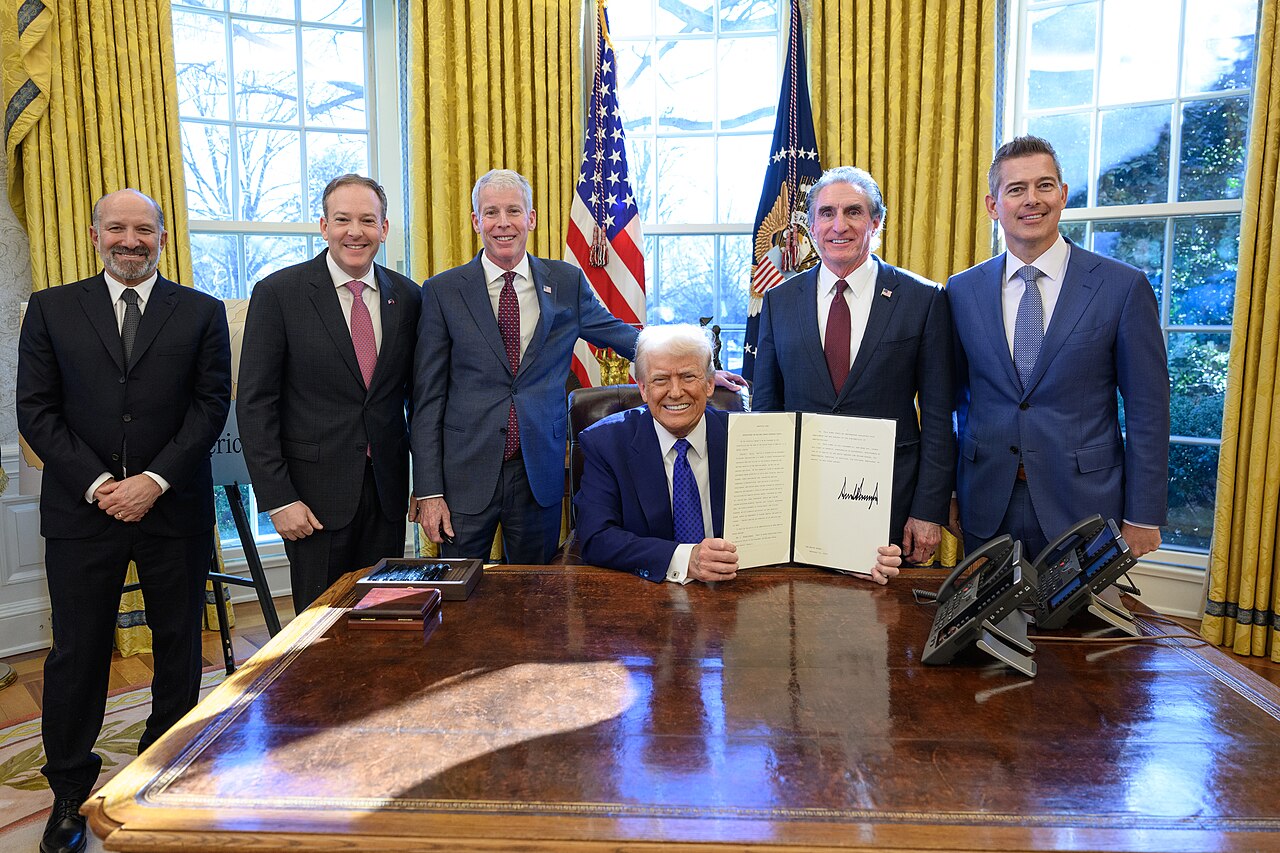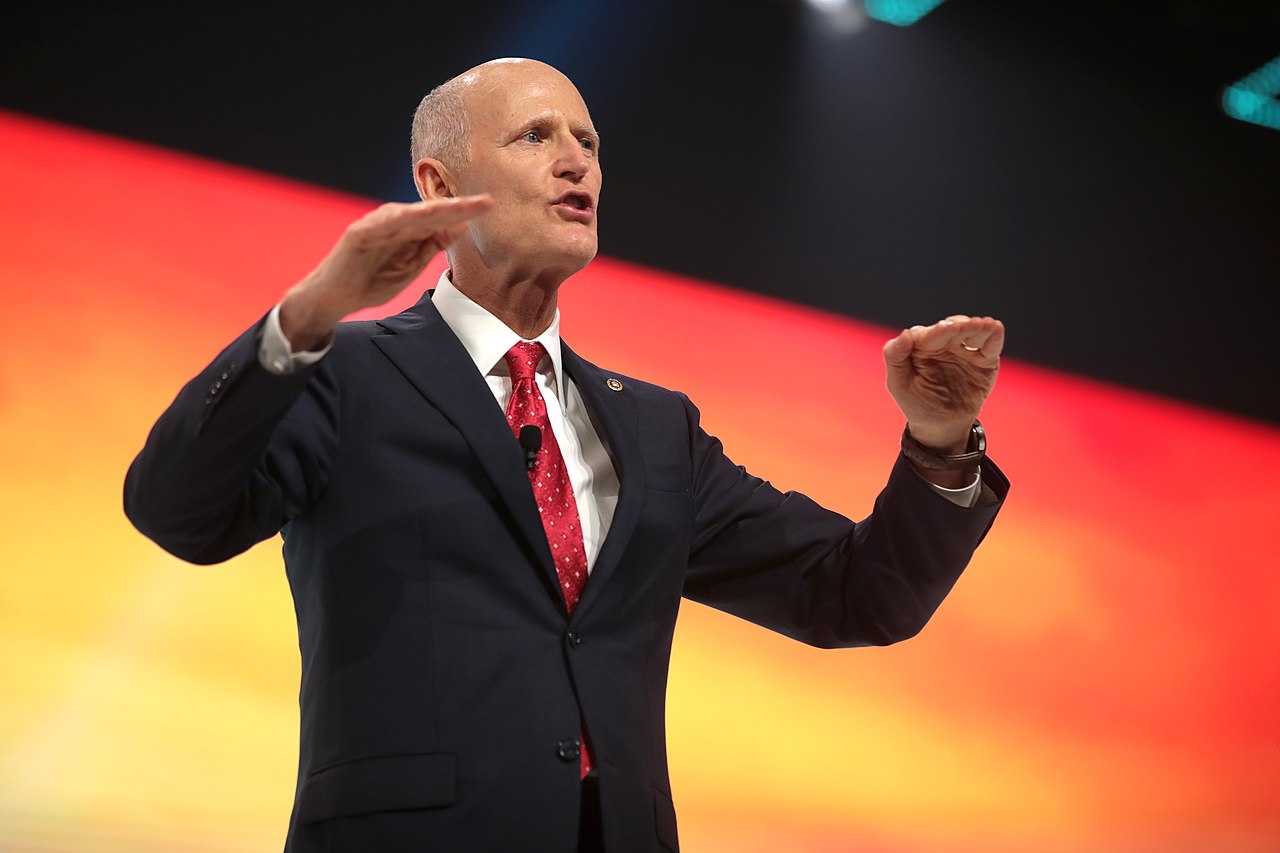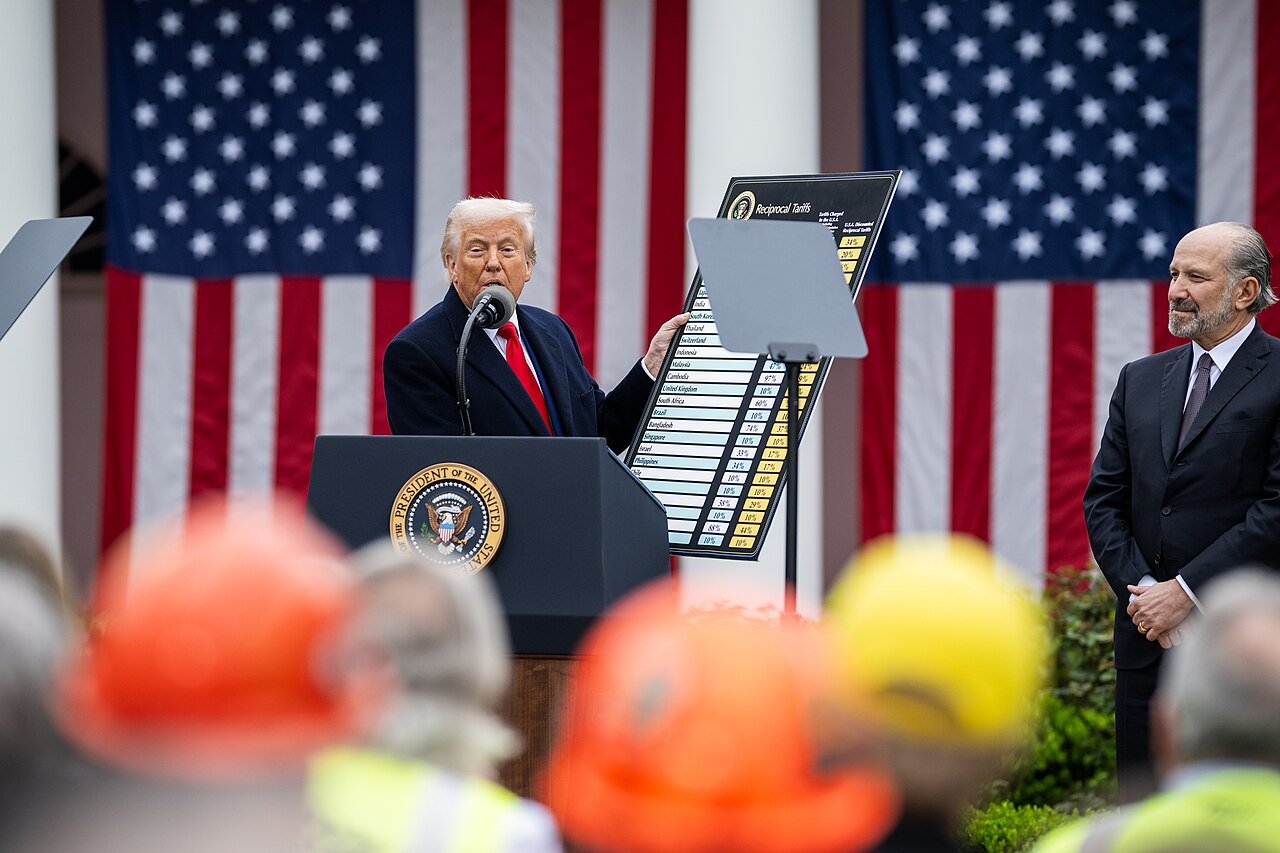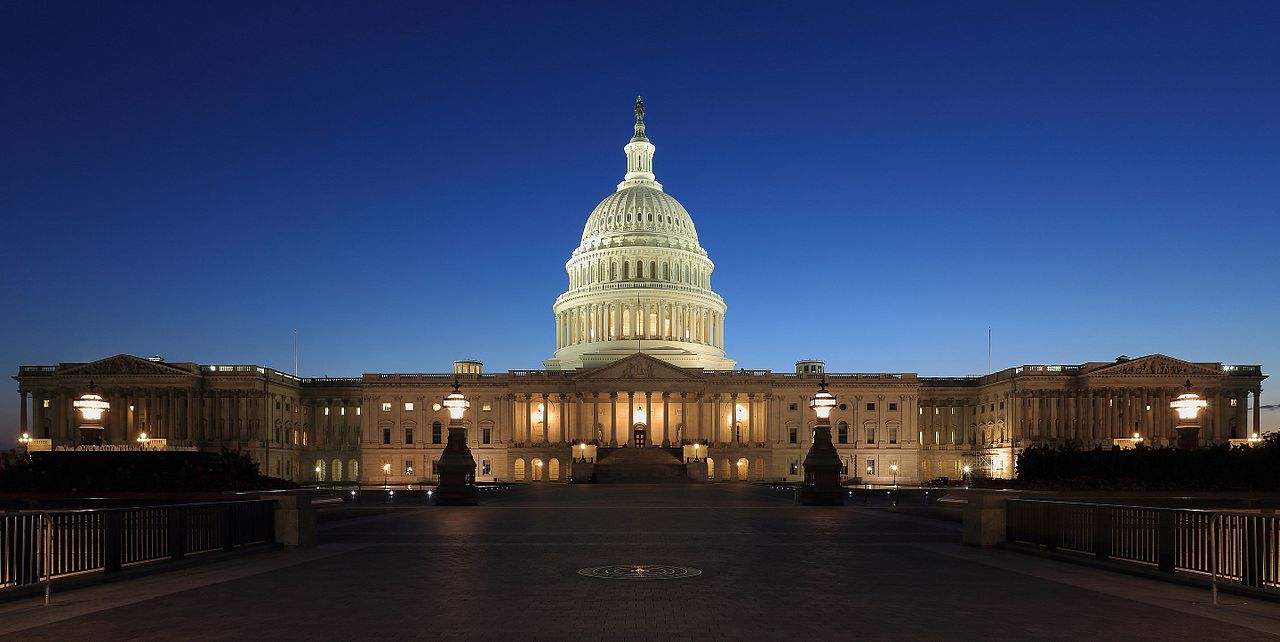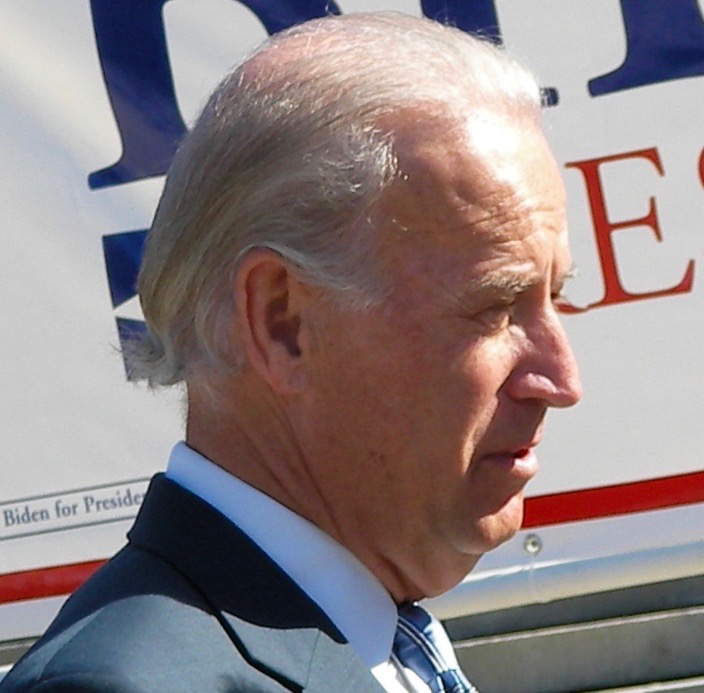While the corporate media dials up the panic, voters—across party lines—quietly back Trump’s push for fair trade.
The headlines are loud, but the people are clear.
As President Trump reintroduces his tariff strategy to combat decades of lopsided trade deals, the usual suspects in the media are in full meltdown mode. Doom-and-gloom reporting dominates the news cycle, warning of economic collapse and impending recession. But beneath the hysteria, there’s something the media doesn’t want to admit:
Americans actually support what Trump is trying to do.
Media Hysteria, Market Reality
When the Trump administration recently announced a 90-day pause on most reciprocal tariffs—excluding China—the markets jumped in response. The pause signaled that many nations were finally willing to come to the negotiating table. It also showed that tariffs weren’t about punishment—they were about leverage.
Still, nearly three-quarters of Americans told Quinnipiac University they feared tariffs would hurt the U.S. economy short-term. Who can blame them? The mainstream media has spent years painting tariffs as reckless and destructive—ignoring their long-term strategic purpose.
Yet, according to a Rasmussen Reports poll, a strong majority of likely voters believe the U.S. government isn’t doing enough to protect domestic businesses from foreign competition. And even amid controversy, Trump’s core message—bringing back American jobs and balancing trade—resonates across the political spectrum.
Double Standards in the Newsroom
Curtis Houck of NewsBusters summed it up well: the media isn’t just critical—they’re rooting for failure. It’s the same dynamic we saw when Rush Limbaugh said he hoped President Obama’s policies would fail—not out of spite, but out of concern for the country’s direction. Back then, media outlets were outraged. Now, those same outlets cheerlead economic doom to damage their political adversary.
Where was this level of alarm when the Biden administration presided over an actual recession? Or when supply chains broke down, and inflation reached multi-decade highs?
The selective outrage reveals a deeper motive.
Americans Want Fair Trade—Not Free-For-All Trade
What’s being missed in all the noise is that Americans haven’t changed their minds since 2018. That year, voters supported Trump’s tariffs by a 2-to-1 margin. And today, those same trade deficits—often topping $110 billion per month—remain a serious concern.
Trump’s critics love to cry “free trade,” but the deals they defend are often anything but fair. Foreign nations have long imposed steep tariffs on American goods, while flooding our markets with cheap, subsidized products. Trump’s goal is simple: reciprocity.
Democrats Were Once Pro-Tariff—Until Trump
Ironically, many Democrats built their careers on promises to “Buy American” and protect workers from foreign outsourcing. But when Trump took real action to make those goals possible, the tone shifted.
Take Michigan Governor Gretchen Whitmer, for example. She talks tough on bringing supply chains back from China—but when asked how her trade strategy would differ from Trump’s, she had no answer. “I don’t know how I would have enacted them differently,” she admitted.
Suddenly, tariffs became toxic—because Trump supported them.
As billionaire investor and Shark Tank star Kevin O’Leary recently explained, the real fight isn’t about tariffs for tariffs’ sake. It’s about fixing systemic imbalances that have gone unchallenged for decades—particularly with China.
“This isn’t about a trade war,” O’Leary said. “It’s about leveling the playing field.” From intellectual property theft to opaque business practices and unfair legal systems, China has long operated outside the rules.
Trump’s tariffs are one of the few tools strong enough to force meaningful negotiations.
When challenged by a Yahoo Finance host claiming the tools “aren’t working,” O’Leary asked, “What tool do you suggest they use when nothing else has worked?” Her response: “I’m not the president.”
His reply? “Exactly. So let him do his work.”
Tariffs are painful in the short term. No one’s pretending otherwise. But the long game is what matters—especially when the stakes are the future of American manufacturing, sovereignty, and economic independence.
The corporate media may be invested in seeing Trump fail. But millions of Americans are more invested in seeing their country win.

